The history of lighthouses is quite ancient. The lighthouse is steeped in history as the story of man's relentless struggle against the evil forces of nature. At one time the sea was inextricably linked with human life. Sea voyages were necessary to provide food for survival or to bring economic prosperity to trade and commerce. And the idea of a lighthouse was probably born from the day people crossed the sea. Because ancient people have repeatedly been upset with nature.


In ancient times, sailors had to follow an unwritten rule to go to sea. As soon as the sun rose, the boat would run on the sea, and the sailors would float on the shore before the sun set. But sometimes they had to surrender to the violence of nature. Even after sunset, it was often difficult to return home. If the sailors could not return home before sunset due to nature, their relatives would light a fire and wait on the beach. The lighthouse was formed from the idea of lighting a fire and pointing arrows.

According to historians, the oldest lighthouse in the world was the Pharaoh of Alexandria. The Greek word pharaoh means light. From this came pharology. The Pharaoh of Alexandria was created about three hundred years before Jesus was born. However, an earthquake in the 14th century is thought to have destroyed the lighthouse. However, a light house was built on the sea shore later. The first sea lighthouse was built in England in the late seventeenth century.

The part of the Atlantic Ocean between England and France is called the English Channel. There is a half-sunk hill in one place of that English channel. The hill known as Ediston Rock is located about fourteen miles from the port of Plymouth. The peak in the middle of the hill is called Ediston Rock. The English word ‘eddy’ means whirlpool. The hill is very common. However, because of this mountain, I know why the sea water is near this mountain. The sea water is always dangerously muddy near this hill. And that's why this hill is called Ediston Rock or 'Whirlpool'

When the tide comes in the sea water, the top of the mountain often sinks in the water. Then it is very difficult to recognize the place. Numerous ships pass through this mountain every day. How many ships have been destroyed in that deadly whirlwind at one time. For centuries Edison Rock has been a nightmare for sailors. Especially at night no ship wanted to go that way. Many times when a ship would try to cross the area without forgetting the way or seeing the mountain in the tidal water, a big disaster would happen.




About the year 1895. Weinsteinley was 51 at the time. Has gained quite a reputation as a businessman. At that time, two of the five ships engaged in his business were hit and destroyed near Ediston Rock. As a result, his business suffered huge losses. That's when Winstanley decided he would build a lighthouse on that hill. He also sought permission from the appropriate authorities for this work. In July 1897, Winstenley began work on the lighthouse. He took the responsibility of planning and management directly on his shoulders.
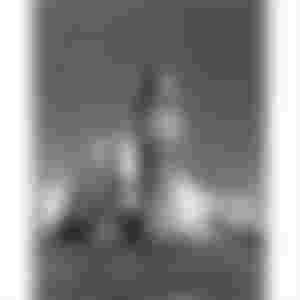
For some reason one day that warship could not come to guard the workers. French troops surrounded the mountain without seeing any warships near it. They took Winstonley prisoner. Louis XIV was then emperor of France. The French soldiers brought the captive Winstanley to the emperor. After hearing the whole story, the emperor became very angry with the French soldiers and immediately arranged for their punishment. He then arranged for Winstenley to be sent back to England with honors. At this time the emperor made a historical statement in the royal court which is still immortalized in the pages of history. "France's war was against England, not against humanity," he said.

As a result of three years of tireless efforts, the world's first lighthouse was built in the Mediterranean. Construction of the Ediston Rock Lighthouse was completed on 14 November 1896. The height of this lighthouse was 120 feet. Winstanley inaugurated it by lighting a candle made of solid fat on its head. For five years, the lighthouse's light signal has been able to ensure the safety of ocean-going ships in the region. However, this lighthouse did not last long.

One morning on November 26, 1803, Winstenley visited the Ellen Lighthouse. The main purpose was to monitor the lighthouse and do some regular repairs. However, it took several nights to complete the repair work. So Winstanley and his team decided to spend the night in front of the lighthouse. But that night a catastrophic storm swept across the west coast of England. That storm destroyed everything. Coastal houses and plants were wiped out in an instant. About one and a half hundred people died. There were 150 shipwrecks at sea. About 6,000 sailors and passengers died in the sinking.




Even that evening, the lights of the regular Ediston Rock lighthouse were on. But the morning after that storm Edison Rock was found to have regained its original appearance. The world's first 'Wave Wet' lighthouse has been wiped out. And with that, Henry Winstonley is lost forever. Winston Stanley and his companions were buried in that catastrophic storm. The first lighthouse on Ediston Rock lasted only 5 years.
A few years after this incident, in 1809, Oak Wood was supervised by an engineer named John Rodyard.
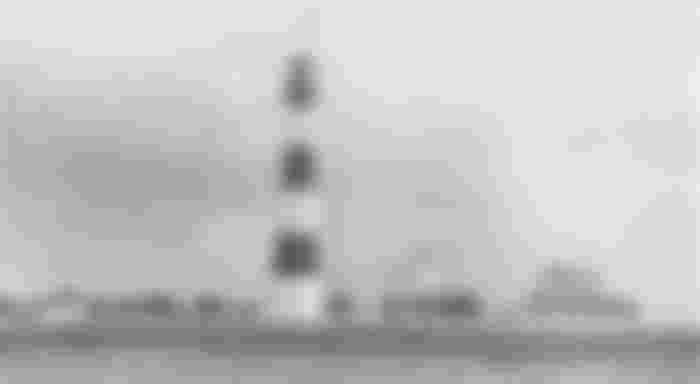
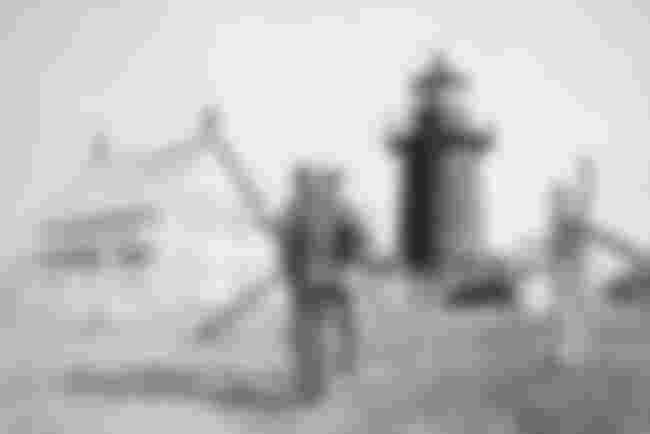






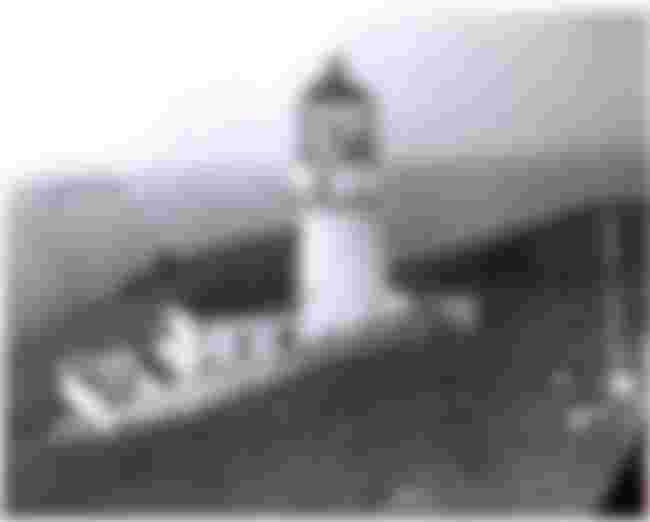
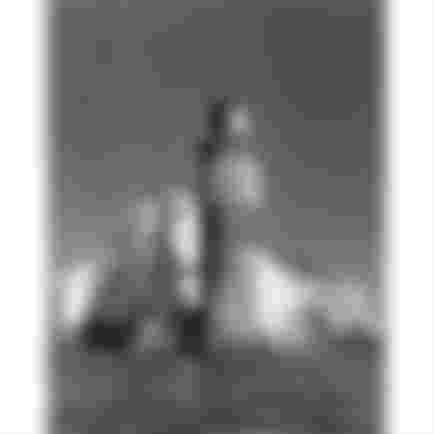





nice to read your article dear ,write more